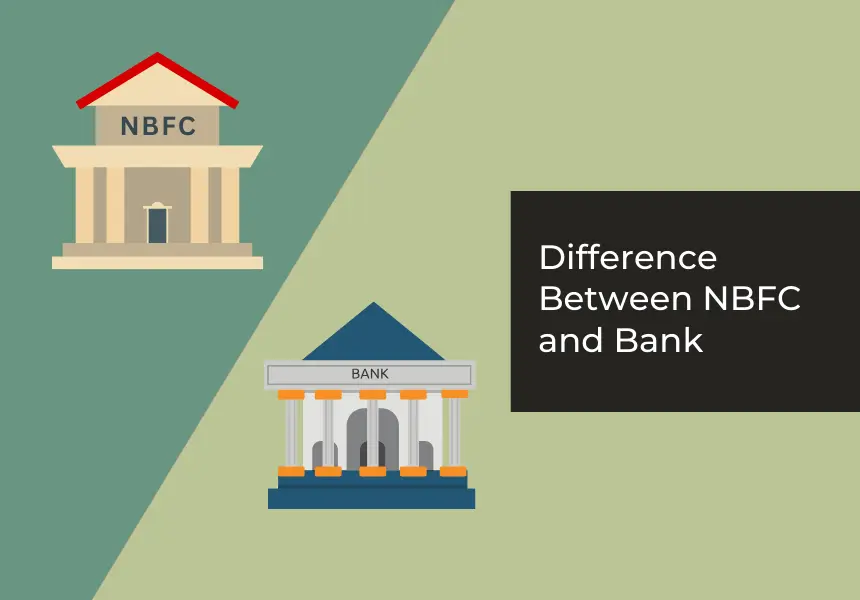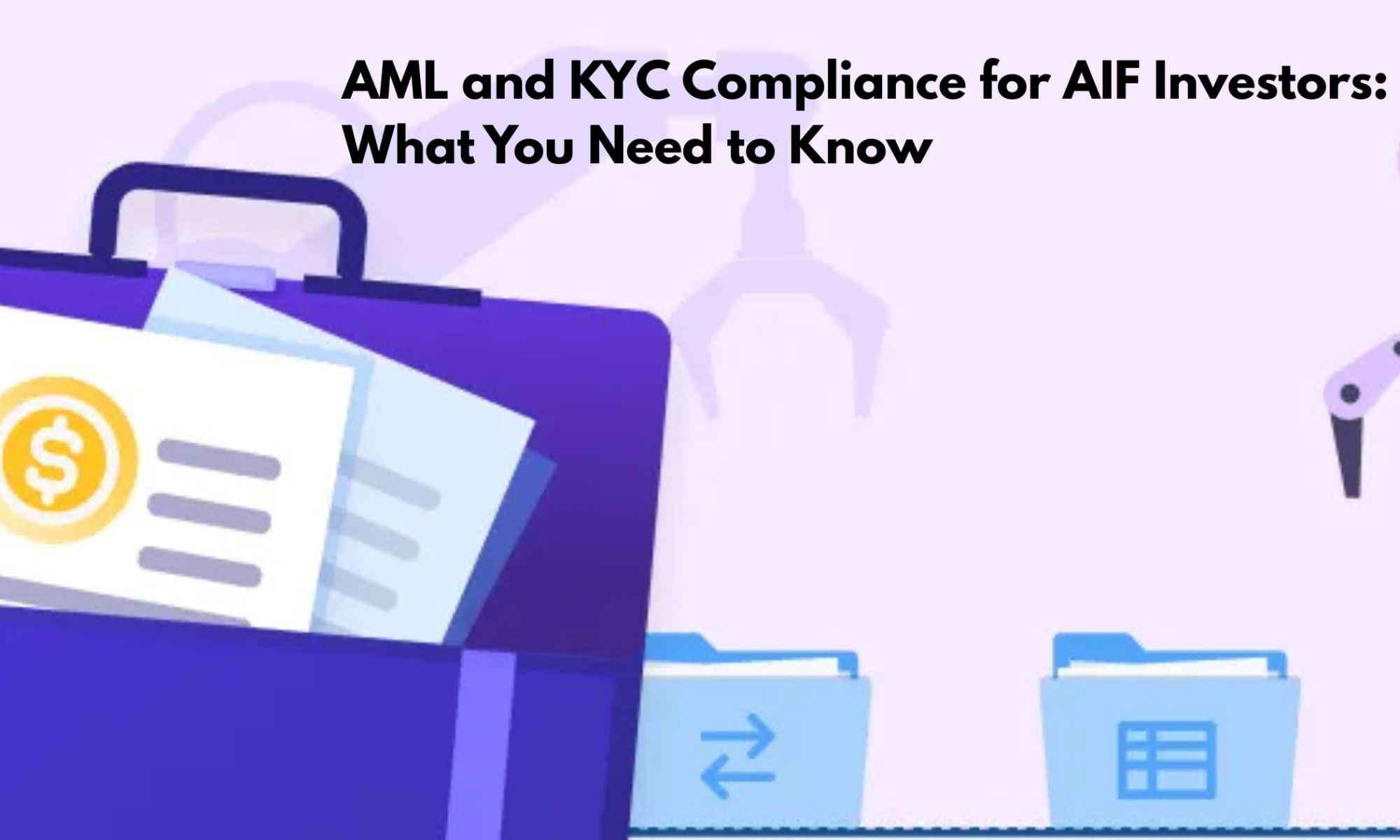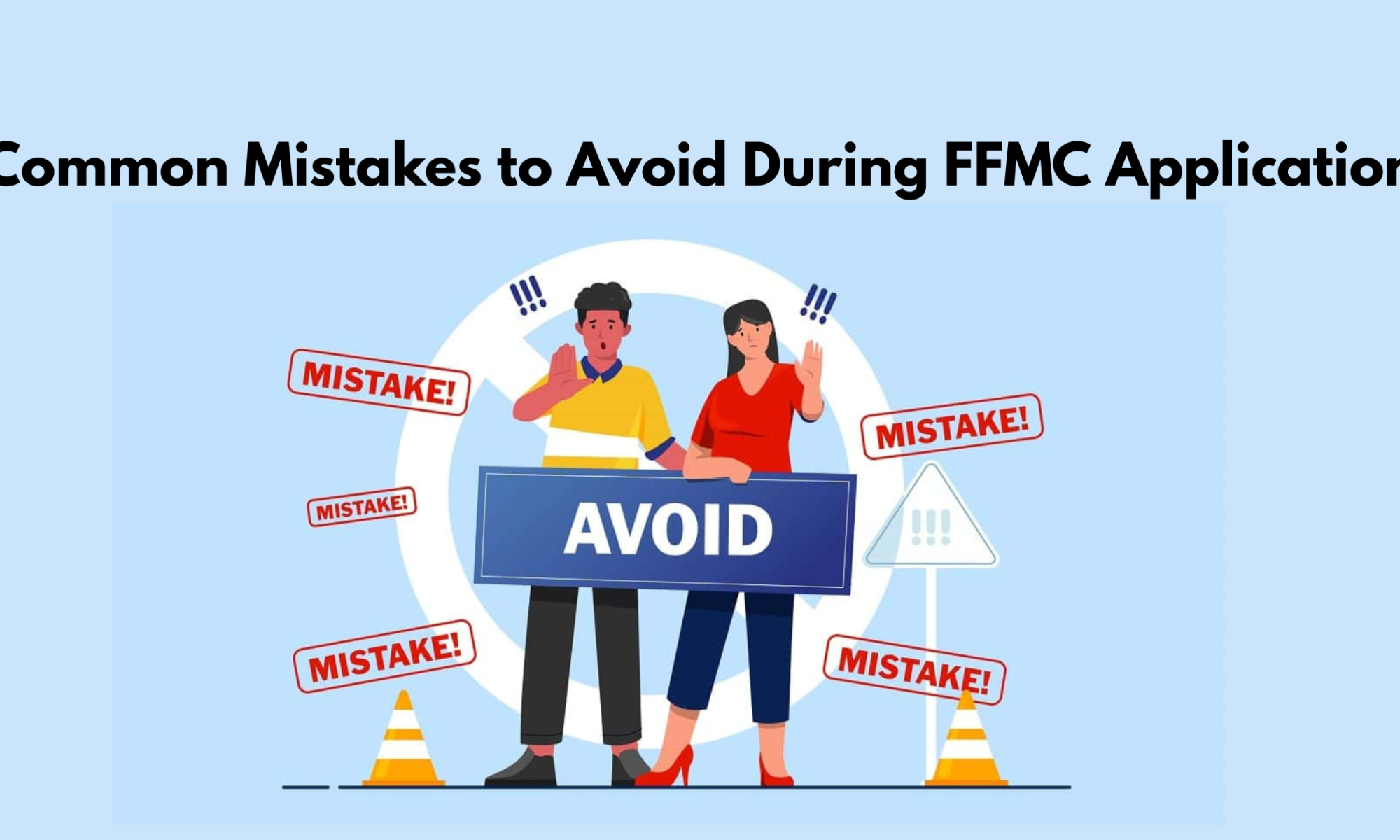As traditional markets grow increasingly saturated and volatile, 2025 is proving to be a turning point for Alternative Investment Funds (AIFs) in India. More high-net-worth individuals (HNWIs), family offices, and institutional investors are turning to AIFs as a smart and strategic way to diversify their portfolios, enhance returns, and hedge against market risks.
In this blog, we explore the top AIF trends, regulatory developments, and investment strategies shaping wealth in 2025 — along with what you need to know about Online AIF Registration in India.
What Are Alternative Investment Funds (AIFs)?
Alternative Investment Funds are privately pooled investment vehicles that gather funds from investors with the aim of investing in assets beyond traditional equity and debt — such as private equity, venture capital, real estate, infrastructure, and hedge funds.
SEBI (Securities and Exchange Board of India) has classified AIFs into three categories:
- Category I: Venture capital funds, SME funds, infrastructure funds.
- Category II: Private equity, debt funds.
- Category III: Hedge funds, long-short strategies, derivatives, etc.
Key AIF Trends to Watch in 2025
1. Rise in Thematic and ESG-Based AIFs
Sustainable investing is gaining traction. AIFs focused on Environmental, Social, and Governance (ESG) factors, green energy, and climate tech are seeing increased investor interest in 2025.
2. Technology-Driven Strategies
From AI-based trading to blockchain-integrated platforms, fund managers are leveraging advanced technologies for predictive modeling and smart portfolio allocation.
3. Real Assets & Infrastructure Boom
With government push towards infrastructure, real estate and asset-backed Category II AIFs are delivering attractive risk-adjusted returns.
4. Global Exposure Through AIF Structures
More AIFs are now providing structured access to global markets, allowing Indian investors to diversify internationally under the RBI’s LRS (Liberalised Remittance Scheme).
Regulatory Evolution and Online AIF Registration in India
SEBI continues to streamline compliance and registration norms to make the AIF space more robust and investor-friendly.
In 2025, Online Alternative Investment Fund Registration in India has become more accessible, efficient, and transparent, thanks to digital reforms and professional consultancy support.
If you’re a fund manager or financial institution looking to launch an AIF, understanding the regulatory path is crucial. This includes:
- Drafting the AIF trust deed and placement memorandum
- SEBI application filing
- Setting up KYC/AML procedures
- Post-registration compliance and reporting
Working with an AIF Registration Consultant can help navigate these steps smoothly.
Who Should Consider AIFs in 2025?
AIFs are ideal for:
- HNIs looking for high-risk, high-reward investments
- Family offices diversifying wealth into private markets
- Institutional investors seeking alternative asset classes
- Start-up believers funding early-stage ventures via Category I AIFs
With the availability of AIF Registration Online in India, even emerging fund managers now have easier access to enter this lucrative domain.
Conclusion: Building Wealth with AIFs in 2025
The Alternative Investment Fund space in India is no longer niche — it is central to the modern wealth-building strategy. Whether you are an investor or a fund sponsor, understanding AIF categories, identifying the right strategy, and navigating Alternative Investment Fund Registration in India through trusted consultants can open up a world of opportunities.
With simplified Online AIF Registration in India, 2025 is the perfect time to capitalize on this evolving asset class and reshape your financial future.
Need help with AIF registration?
Connect with a trusted AIF Registration Consultant today and explore how to set up your fund with full SEBI compliance.










